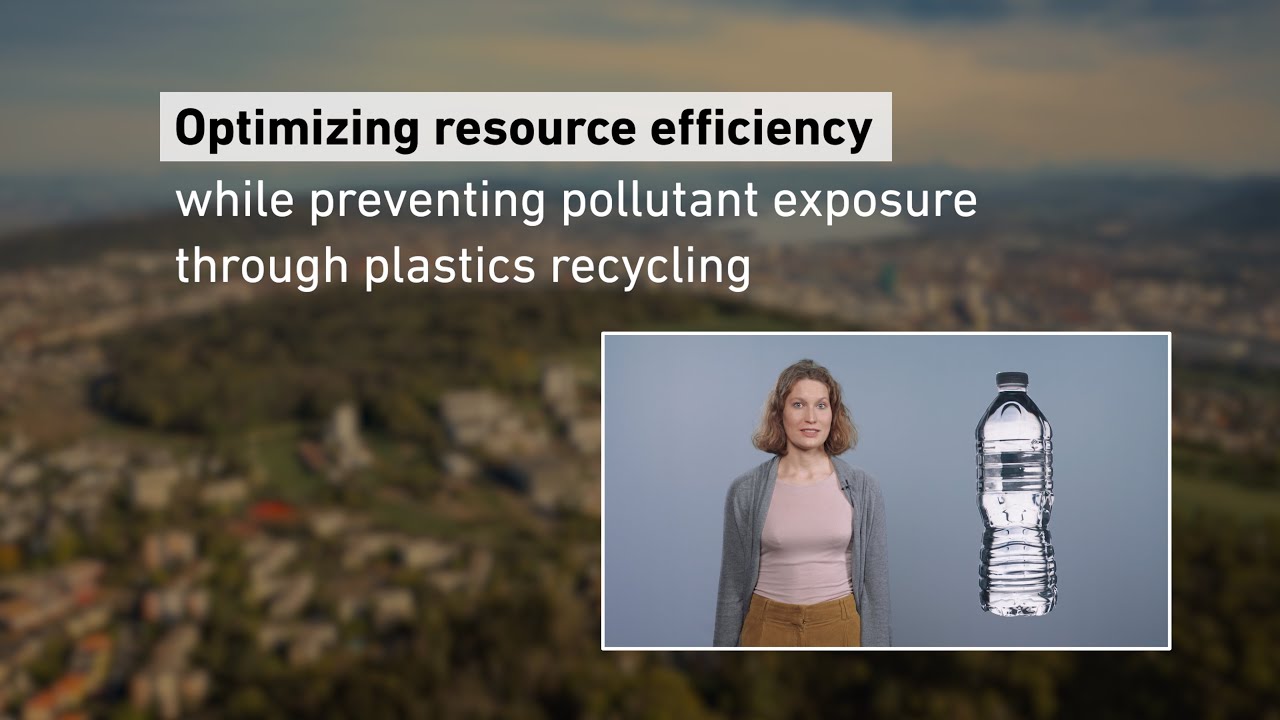Clean Cycle sub-project 2: Plastics Material Flows and Environmental Assessment

In the short video here above, PhD student Magdalena Klotz gives a brief overview on the project (if the video is not available in your region, please use external pagethis linkcall_made).
To establish an overview of the current flows of different plastic types in Switzerland, a static material flow analysis (MFA) will be conducted. Besides polymers, the MFA will also include flows of selected contaminants. Aiming at modeling the whole life cycle of plastics and con-tained contaminants, the MFA will connect secondary plastic production with product manufac-turing, i.e. determine which recycling stream is reused for which products. The plastic products will be categorized into different groups, since products with a similar function often have similar characteristics and requirements. If possible, stock changes within the considered time period will be determined.
To provide information about the temporal changes in material flows, substance flows and stocks, a dynamic MFA will be conducted. Through this, changing production amounts over time as well as the individual product lifetimes will be taken into account. Via this analysis, potential sources of contaminants and contaminant enrichments in plastic streams through recycling will be identified. Different future scenarios regarding recycling rates, as well as possibly single-stream collection schemes, suitable recycling processes and potential contaminant removal processes will be considered. An investigation of the effect of phasing out certain hazardous additives on the final concentrations in products at different times will also be included. Finally, the dynamic MFA will be coupled to a life cycle assessment to quantify the environmental im-pacts and benefits through recycling. Based on the results, an optimized plastics flow scenario for Switzerland that minimizes environmental impacts while ensuring human safety will be de-veloped.
A high-resolution dataset on the plastic material flows in Switzerland
Magdalena Klotz and Mélanie Haupt
Data in Brief, vol. 41, pp. 108001, Amsterdam: Elsevier, 2022.
external pagehttps://doi.org/10.1016/j.dib.2022.108001call_made
Limited utilization options for secondary plastics may restrict their circularity
Magdalena Klotz, Mélanie Haupt and Stefanie Hellweg
Waste Management, vol. 141, pp. 251-270, Amsterdam: Elsevier, 2022.
external pagehttps://doi.org/10.1016/j.wasman.2022.01.002call_made
